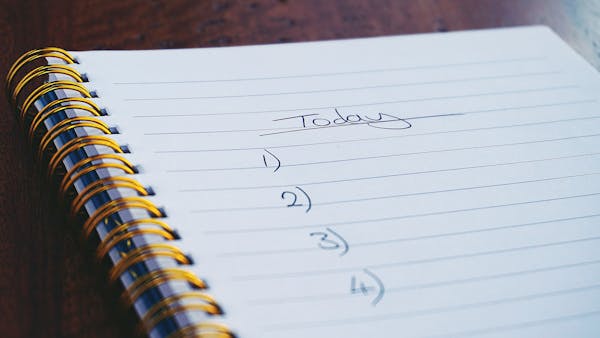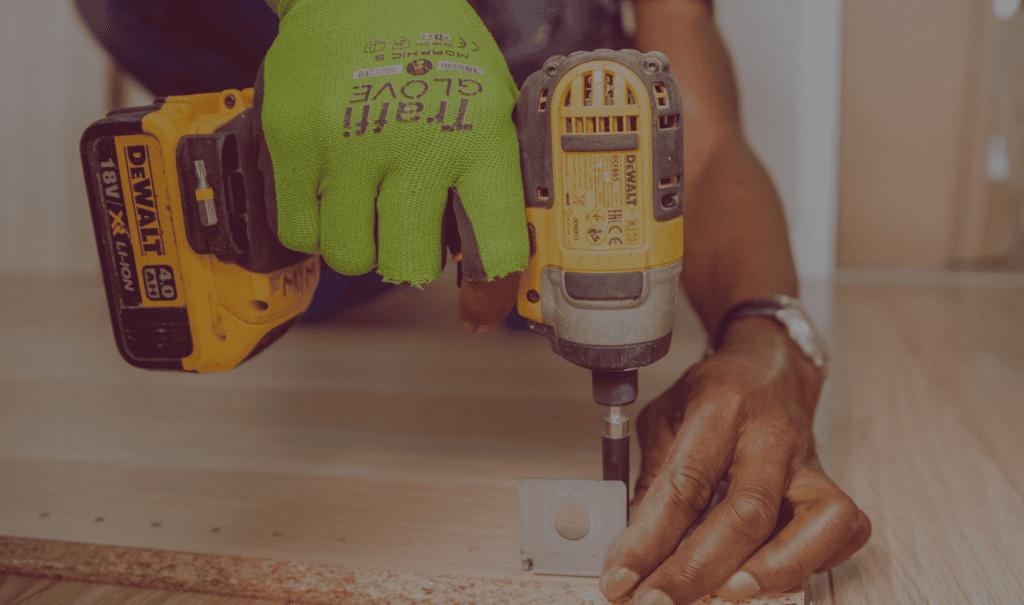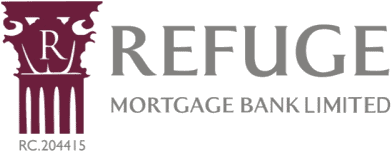Nigeria targets citizens in diaspora with mortgage scheme to begin by July

The Nigerians in Diaspora Commission (NiDCOM) and the Federal Mortgage Bank of Nigeria (FMBN) have announced plans to launch the diaspora mortgage scheme by July which would allow Nigerians in the Diaspora to become homeowners in the country. The scheme was initially planned to be launched in February 2024 but was delayed by the FMBN leadership transition. The mortgage […]
Diaspora mortgage scheme set to launch in Nigeria

Nigerians living abroad can soon expect to benefit from a dedicated mortgage scheme, set to launch within the next three months. In a press statement signed by Gabriel Odu, Media, Public Relations, and Protocols Unit, NiDCOM said this comes after a strategic meeting between the Nigerians in Diaspora Commission (NiDCOM) and the Federal Mortgage Bank […]
15 Mortgage Tips for First-Time Homebuyers

If you’re in the market for your first home, the process may seem pretty daunting, especially getting your first mortgage. However, the more you know about mortgages, the better prepared you’ll be, so here are 15 things you should know that can get you ready for the application process and possibly save you money. Know […]
How to access the National Housing Fund (NHF) Loan

WHO CAN APPLY Any Nigerian above the age of 18 The applicant must be a contributor to the National Housing Fund for a minimum period of six months. The applicant must have satisfactory evidence of a regular flow of income to guarantee loan repayment. PURPOSE The loan shall be for the purpose of building, purchasing […]
Mortgage Refinancing and its Benefits

Refinancing your mortgage can help you save money (or at least lower your payments), but sometimes it’s just an expensive mistake. If you’re considering refinancing, study up before you pull the trigger. What is Mortgage Refinancing? A refinancing transaction happens when you swap out an old loan for a new (ideally better) one. Your new […]
Things you need to consider before taking a mortgage

It’s harder to qualify for a mortgage loan these days. New regulations require lenders to verify every aspect of a borrower’s financial background, before making the loan. As a borrower, you should avoid doing anything that might harm your chances of getting approved for a loan. Learn what to do before applying for a mortgage. […]

